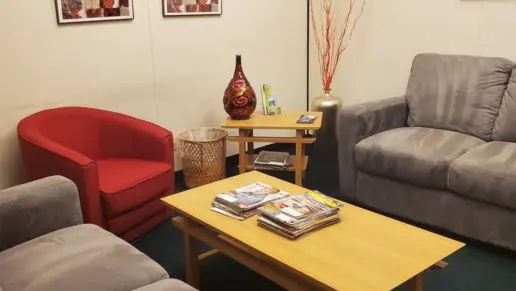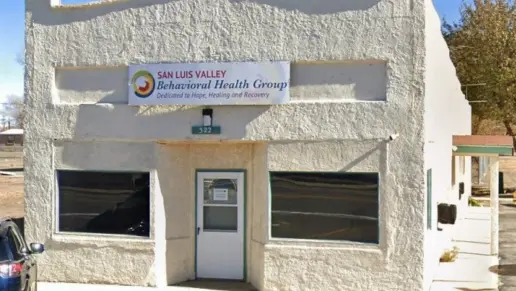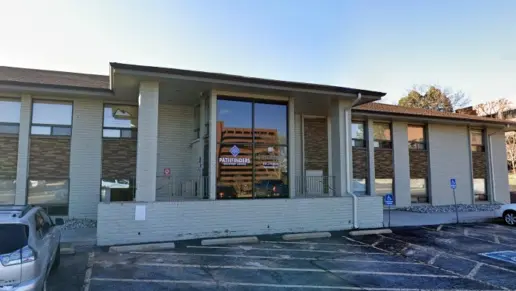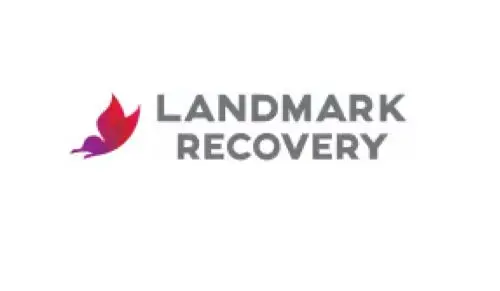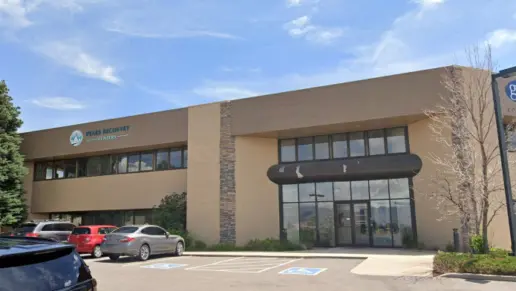About Salvation Army – Women’s Facility – Closed
Located in Grand Junction, Colorado, the Salvation Army’s Women’s Facility provides programs for young adult women who are seeking recovery from substance abuse. Many past clients of the program have praised them for their compassionate and professional staff, highlighting the supportive environment provided during their recovery process.
For payment, they accept cash and self-payments. If finances are a barrier for you, they offer payment assistance and sliding scale options based on your income and circumstances. We appreciate how hard they work to ensure accessibility for women of all financial backgrounds.
Enrichment Near The Salvation Army Women’s Facility
We love the setting of this facility because it’s located near a lot of things that can enhance your recovery journey. They’re situated near various parks and community resources like the Western Colorado Center for the Arts. Visiting local places like these can really make a difference in your emotional perspective as they can promote wellness and social engagement.
Addiction Recovery Services in Grand Junction
Their programs provide a safe place for you to eliminate harmful substances from your body through their detoxification service. They also offer long-term residential treatment programs that consist of structured support and therapy.
They also place a strong emphasis on the importance of family involvement so you can invite loved ones to partake in counseling sessions with you so that your relationships can be strengthened. Their group therapy sessions are a great way to allow you to share personal experiences with others who walk similar paths.
Latest Reviews
Rehab Score
Gallery
Other Forms of Payment
Self-pay involves paying for treatment out of your own pocket. You can use savings or credit, get a personal loan, or receive help from family and friends to fund your treatment. If you don't have insurance or your insurance plan doesn't cover a specific program, self-pay can help ensure you still get the care you need.
Financial aid can take many forms. Centers may have grants or scholarships available to clients who meet eligibility requirements. Programs that receive SAMHSA grants may have financial aid available for those who need treatment as well. Grants and scholarships can help you pai for treatment without having to repay.
Sliding scale payments are based on a client's income and family size. The goal is to make treatment affordable to everyone. By taking these factors into account, addiction recovery care providers help ensure that your treatment does not become a financial burden to you or your family, eliminating one barrier to care.
Addiction Treatments
Levels of Care
 Inpatient
Inpatient
 12-Step
12-Step
Treatments
The goal of treatment for alcoholism is abstinence. Those with poor social support, poor motivation, or psychiatric disorders tend to relapse within a few years of treatment. For these people, success is measured by longer periods of abstinence, reduced use of alcohol, better health, and improved social functioning. Recovery and Maintenance are usually based on 12 step programs and AA meetings.
Professional services are often necessary to recover from addiction. Drug rehab in Colorado provides the expert services needed to address the complex issues of addiction and help individuals start their recovery journey.
Opioid rehabs specialize in supporting those recovering from opioid addiction. They treat those suffering from addiction to illegal opioids like heroin, as well as prescription drugs like oxycodone. These centers typically combine both physical as well as mental and emotional support to help stop addiction. Physical support often includes medical detox and subsequent medical support (including medication), and mental support includes in-depth therapy to address the underlying causes of addiction.
Substance rehabs focus on helping individuals recover from substance abuse, including alcohol and drug addiction (both illegal and prescription drugs). They often include the opportunity to engage in both individual as well as group therapy.
Programs

Adult Program

Young Adult Program
Clinical Services
Research clearly demonstrates that recovery is far more successful and sustainable when loved ones like family members participate in rehab and substance abuse treatment. Genetic factors may be at play when it comes to drug and alcohol addiction, as well as mental health issues. Family dynamics often play a critical role in addiction triggers, and if properly educated, family members can be a strong source of support when it comes to rehabilitation.
Group therapy is any therapeutic work that happens in a group (not one-on-one). There are a number of different group therapy modalities, including support groups, experiential therapy, psycho-education, and more. Group therapy involves treatment as well as processing interaction between group members.
